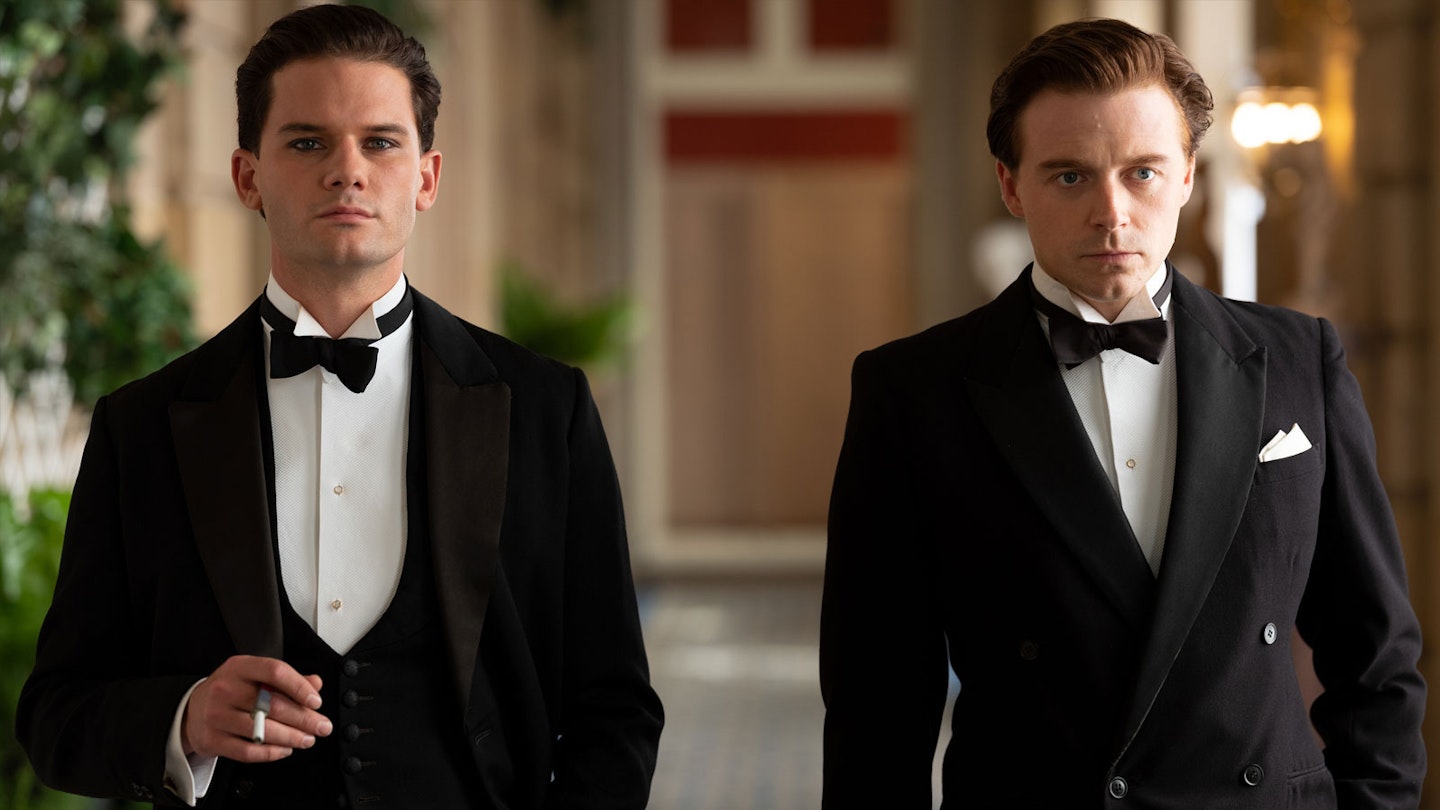Droll banter is not a pleasure one might traditionally expect from the achingly sad films of Terence Davies. And yet Liverpool’s melancholy master of autobiography (The Long Day Closes) and adaptation (The Deep Blue Sea) has been in close touch lately with his inner Oscar Wilde, finding a fount of sparkling verbal wit in the life and work of iconic poets. First came A Quiet Passion, which depicted the quintessentially morbid Emily Dickinson as a silver-tongued conversationalist whose gift for the gab helped keep despair at bay. And now Davies has turned to a homegrown wordsmith of equally elegiac concerns, revelling in his cutting way with words while acknowledging the sorrow behind them.

Siegfried Sassoon (Jack Lowden), as Benediction presents him, was the voice of a devastated generation — a veteran who became a conscientious objector and spoke, through his revered work, for the countless young men lost in World War I. Davies weaves snippets of Sassoon’s writing throughout, setting his pained, evocative observations to archival footage of the battlefield. Early on, the artist fearlessly confronts his superior officers, risking a court martial to question their jingoistic motives. “Are you pro-German?” they incredulously enquire. “I’m pro-human,” he retorts.
Lowden keeps the writer’s amused, quick-witted charm in equilibrium with his moral exhaustion.
And yet Sassoon’s life wasn’t all doom and gloom. Unlike Dickinson, he got out and around, bed-hopping across the gay artist and socialite scene of the era. Benediction doubles as a glancing, sometimes witheringly funny depiction of Jazz-Age London, with various bright young things trading insults (and more) like characters in a Noël Coward play. Among them, in fact, is Coward cohort Ivor Novello (Jeremy Irvine), the dashing but caddish stage star who seduces Sassoon and then breaks his heart.

Lowden keeps the writer’s amused, quick-witted charm in equilibrium with his moral exhaustion. The impression is of someone wielding their intelligence defensively, warding off the darkness one quip at a time. Through this outstanding lead performance, Benediction articulates a vision of the Roaring Twenties as grand distraction, a mass denial of the shattering losses the world had just suffered. Occasionally, the film flashes forward to Sassoon’s twilight years, decades into a sexless marriage, his grief having outlasted his vivacity. One can’t help but see a little of Davies himself in the character’s incorrigible crankiness, especially with a grizzled Peter Capaldi as an elderly Sassoon, bellowing about the music of the modern world.
Benediction can’t sidestep every pitfall of the biopic, a genre prone to shapelessness. But Davies movingly honours the competing sides of his real-life subject, his anguished eloquence and his playful gadfly repartee. “You have to speak directly, not with another’s voice,” Sassoon encourages a young protégé who ends up perishing in battle not long after. Nevertheless, in channelling the spirit (and linguistic dexterity) of the poet, Davies deepens the range of his own voice. Who knew he had such bons mots in him?
